PCSing into Germany can be stressful, no doubt. From stateside pack out to delivery, it can be a recipe for “uh-oh’s.” Whether this is your first or your fifteenth move, one of the best things you can do is be prepared. So, here’s my top five things I wished I would of known then but know now …
1. Driving, Cars and Licensing
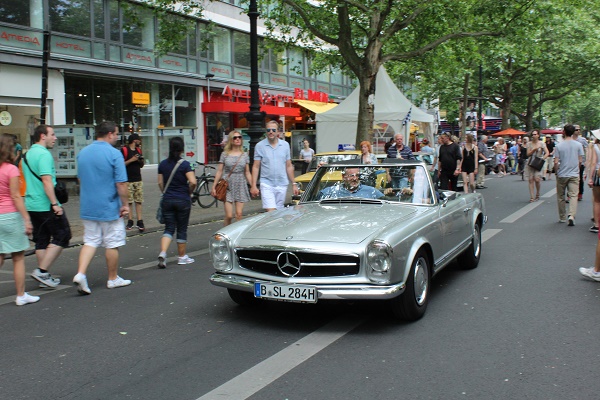 © Wendy Payne
© Wendy Payne Driving
Are you a speed racer? Watch it! Contrary to popular belief, most German highways have speed limits now. Twenty years ago, we had a lot more “free-wheeling” than we do today.
Unless you particularly like getting those pretty pictures in the mail with your photo, watch your speed. I speak from experience. When travel writer is your job/hobby/love, you are often in the car quite a bit. Oops!
Cars
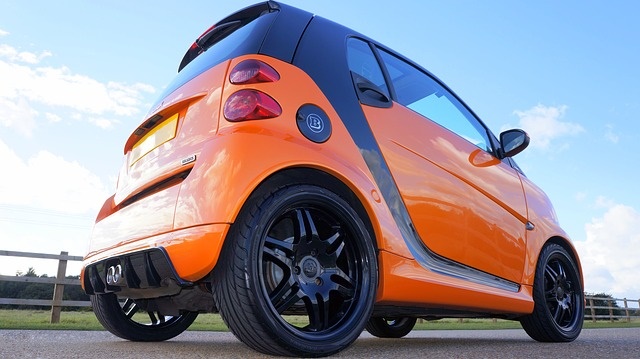 © Pixabay-MikeBirdy
© Pixabay-MikeBirdy I’ll probably make some readers upset, but truly leave the SUV at home. Most Europeans drive small cars such as a Volkswagen Sedan or Bug. For those of us who live in Stuttgart, Smart cars are everywhere. There is even designated parking for these itsy-bitsy vehicles at the airport, malls and cities. If you have a big car, it will get dinged or smacked and will not fit on a narrow street. Another challenge is finding a convenient parking garage with height and width restrictions in say…Amsterdam.
Gas is super expensive in Europe compared to the United States, even if you buy it at Esso or on base. I don’t know about you, but I’d rather spend money on travel. Gas rations are only good for Germany; so if you travel out of the country, it’s very costly to fill up.
Licensing
While you and/or your spouse are in-processing, you’ll have to take the USAREUR driving course and test. *This is no joke.* Be grateful there is a week long course, then a full-day class before you test out. An 85 is passing. Traffic signs get most people every time on the test in which you are allowed to miss only a few on this section.
If you plan on driving outside of Germany, (which I hope you do) you’ll need an International Driver’s license. You need to have a valid USAREUR license prior to applying for the international license.
• Applications for international licenses are available at the license office on base
• Need Europe an passport photo (you can use the Photo Center on-post for free)
• Valid passport
• US valid driver’s license (or photo ID)
Once you have all these documents, you’ll have to visit your local “German” county to apply for the license. This process does not take that long and we were able to pick up our international license the same day. Click here for more information on driving in Germany.
2. Language Barriers
 © Pixabay-geralt
© Pixabay-geralt Get a head start if you are still state-side by pulling out some Rosetta Stone or (my favorite) Fluenz. The German language can be one of the most challenging languages to learn.
My favorite little book to get started was “German Word-a-Day.” This is available through Amazon for very little money. Despite the fact that many places in Europe speak English, I feel it’s respectful and honorable to speak a little of the native language.
I joined the USO courses in which I also made great friends and love my teacher. Although I’ve finished the course, my teacher still insists I practice by writing me emails all the time.
We live in Swabia and similar to our southern United States, Swabia has a dialect all of its own. Your best bet is to learn “Hoch Deutsch” or “High German.” This is taught and understood by everyone. Unfortunately, that doesn’t mean you will be always understood, but at least you’ve tried. Don’t rely on Google Translate to help you out as it’s not German friendly. It’s a great idea to meet your neighbors, celebrate German traditions and customs and share yours with them. You’ll have a ball!
3. Cultural Differences- Shopping/Holiday Closings
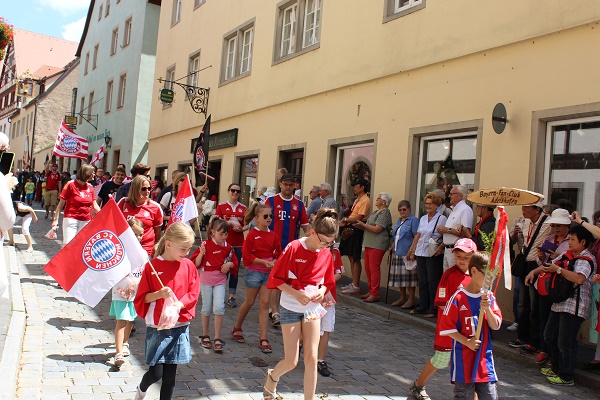 © Wendy Payne
© Wendy Payne Germany celebrates a lot of holidays! This is great and can also be very confusing. Whether it’s a state or national holiday, you’ll almost always be surprised on those days when stores are closed all day. For instance, Easter weekend begins nationally on Friday, but some businesses let employees work half-day on Thursday afternoon. The following Monday is also “closed” for business and even the next day businesses aren’t running at full operation. I have learned to be more organized and plan ahead. However, restaurants and sometimes museums are OPEN on these holiday weekends, especially in tourist areas.
 © Pixabay-sharonang
© Pixabay-sharonang Cultural differences are hard to wrap your head around, especially if this is your first time stationed overseas. Here is an article my friend and fellow blogger Cheryl wrote to help you transition if you are living on the economy.
Another big difference is outdoor recreation. Whether you visit a small town or major city, Germans are out walking, hiking, biking and strolling on any given day. This is great because with all the awesome food you’ll need to burn a few calories.
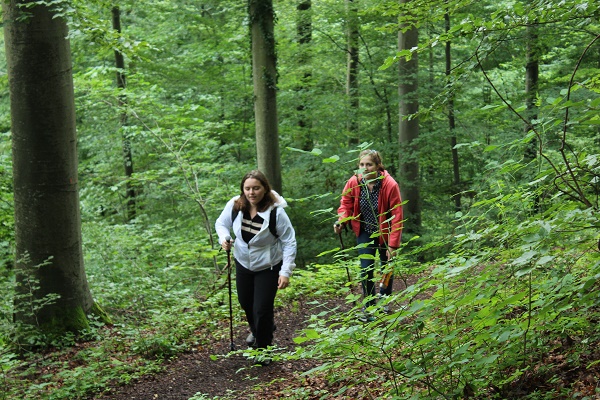 © Wendy Payne
© Wendy Payne Talking of food, even the most sophisticated “foodie” might have challenges. Germans eat their fries with a fork and pizzas are not pre-cut. You’ll have to ask for that, when you order. Vegetables are seasonal and are not always available year round. In Germany they celebrate the growing season with festivals and they are fun and tasty.
4. Connect Online
I was totally caught off guard and not prepared stateside on how much our military community uses social media. As an occasional user in the states, I found EVERYONE here is on Google, Twitter, Instagram, Tumblr, P*Interest and (the absolute king) Facebook. Oh, I’m not a hater but a lover. I embraced it and haven’t looked back! Our site has helped a lot of people connect with locals, traditions and questions about living in Germany. Be sure to use the search option for specific inquiries.
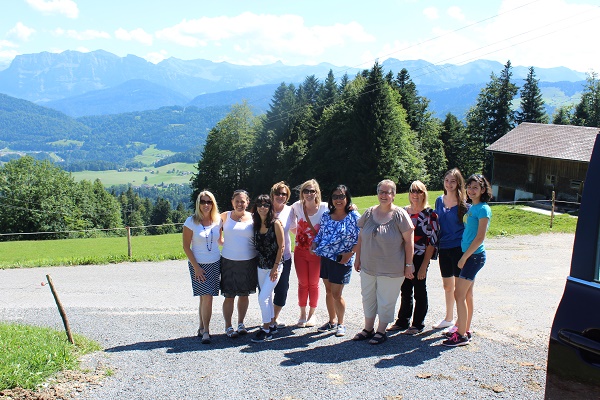 © Wendy Payne
© Wendy Payne Depending on where you are stationed, there is typically an interest group as well as an over-arching community group for you to join. If you can, do a search stateside before you come. You’ll be happily surprised at how helpful some of these posts can be from finding furniture, apartments, cars, appliances, clothing, fitness groups, etc. Be aware as some pages are more aggressive than others, have strict guidelines and aren’t always “user” friendly.
5. Living Off-Post or On-Post
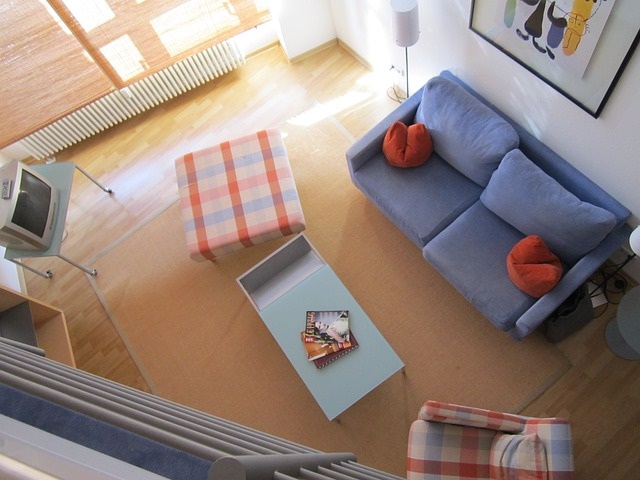 © Pixabay-BreaLeaDesigns
© Pixabay-BreaLeaDesigns I have done both of these at different duty stations. It really comes down to personal preference. From my experience off-post, these are the advantages and disadvantages.
Off-Post
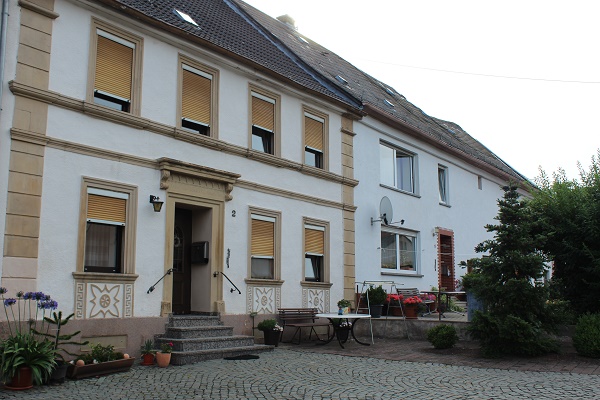 © Wendy Payne
© Wendy Payne Pros: Immersed in the community, learn the language, shopping easily accessible, a little more house space, privacy, kids playing sports in the local community
Cons: Immersed in the community, HA! (can be initially overwhelming) commute, understanding leases, utilities, internet, interesting rules regarding recycling and quiet hours
On-Post
These are the advantages and disadvantages from my friends currently on-post.
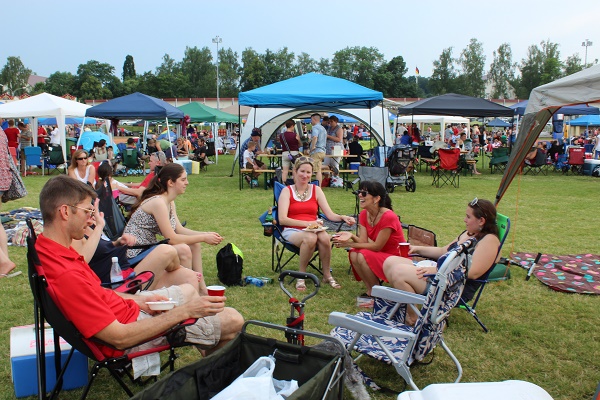 © Wendy Payne
© Wendy Payne Pros: No language barrier, easy move-in and move-out, make first friends within your stairwell, commissary is close by, usually kid’s schools are within walking distance, no commute
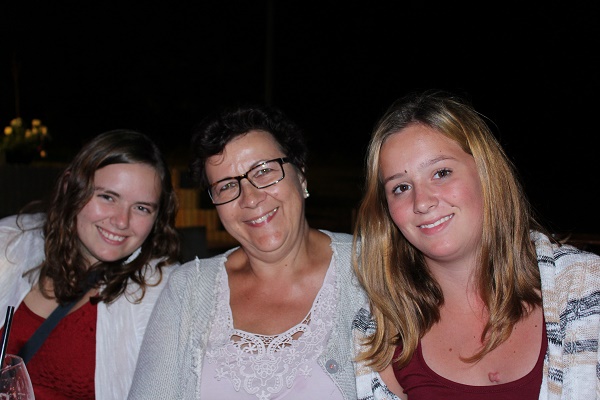 © Wendy Payne
© Wendy Payne Cons: Sometimes a little too close for comfort to neighbors, can feel isolated from surroundings, still have difficulties with utilities and internet
Living on or off post ultimately comes down to personal preference, how long you’ll be stationed here and what is important to your family.
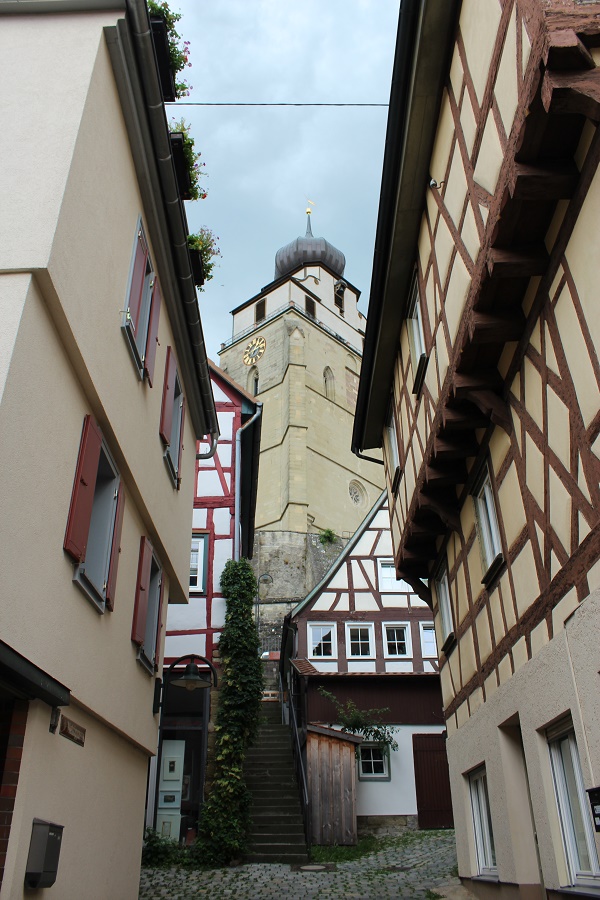 © Wendy Payne
© Wendy Payne These are things I wished I would have known prior to coming here but learned as I went along. One of the things I admire most about our military communities, especially our prepared spouses, we find out as much as possible before a move. I hope it’s helped you a little bit too.
Here is also an article I wrote last summer to help people embrace and connect once they’ve arrived. Let me be the first to say “Wilkommen!” Welcome to Deutschland.
Author’s Profile: Wendy Payne is a military spouse and lives with her family in Stuttgart, Germany. She is a freelance writer, blogger and photographer. She also enjoys gardening, hiking, yoga and sharing Europe with people.
Featured Image Photo Credit: © Syda Productions








